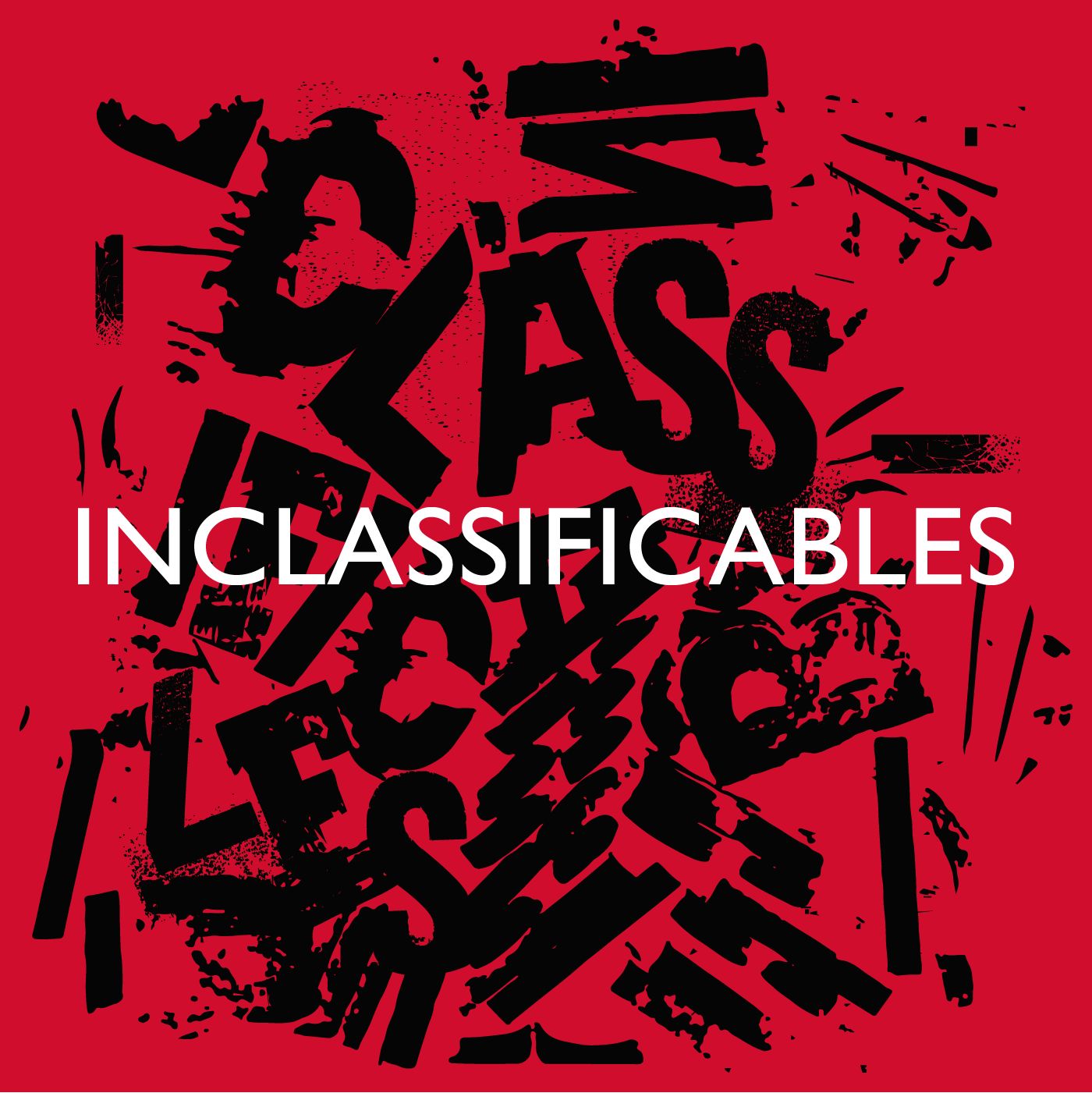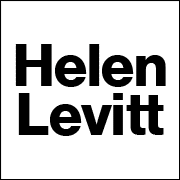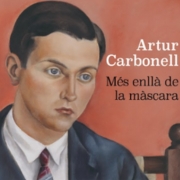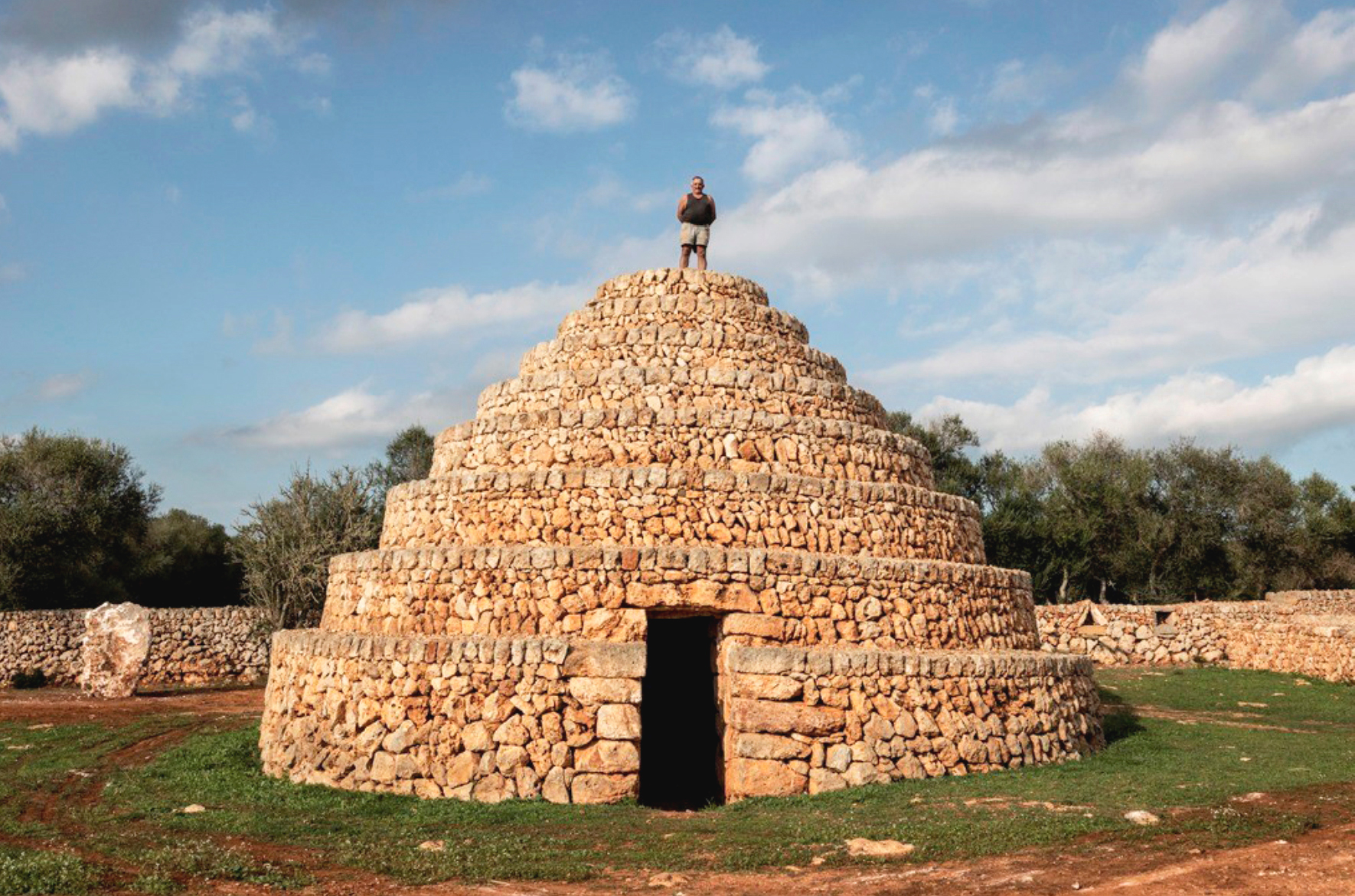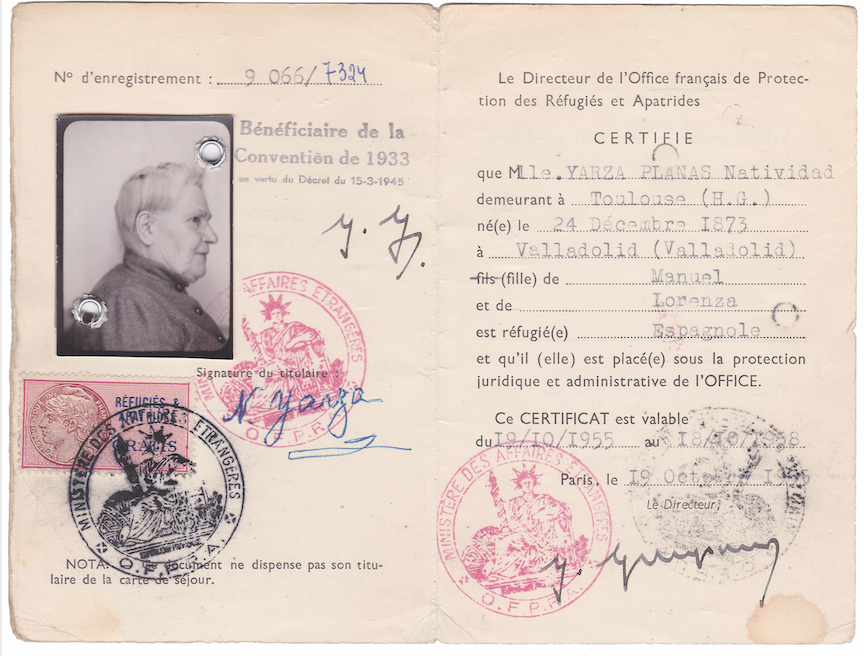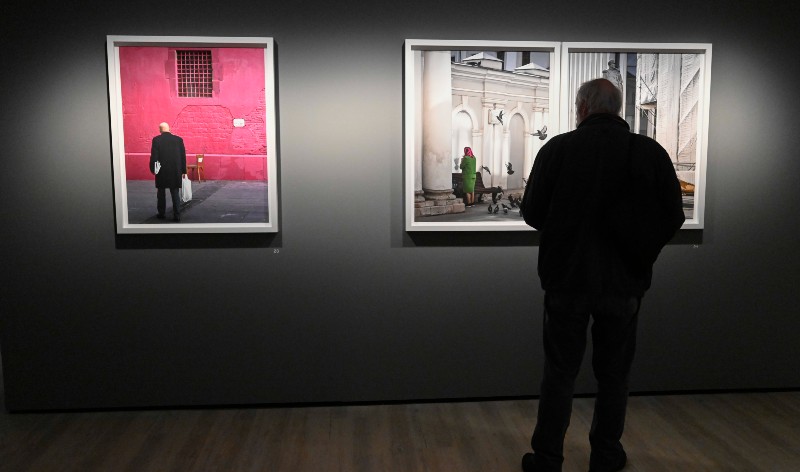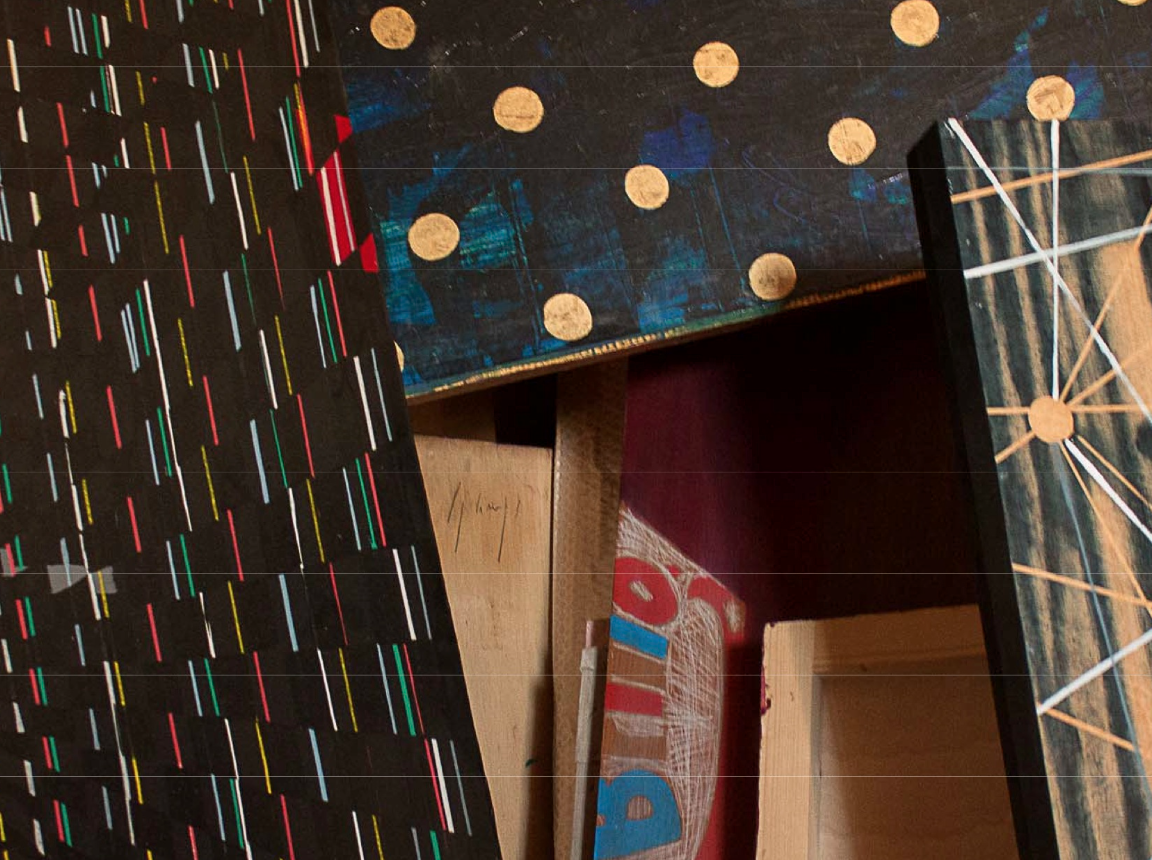international
"Child's play, 1999-2022". The vindication of the game of Francis Alÿs
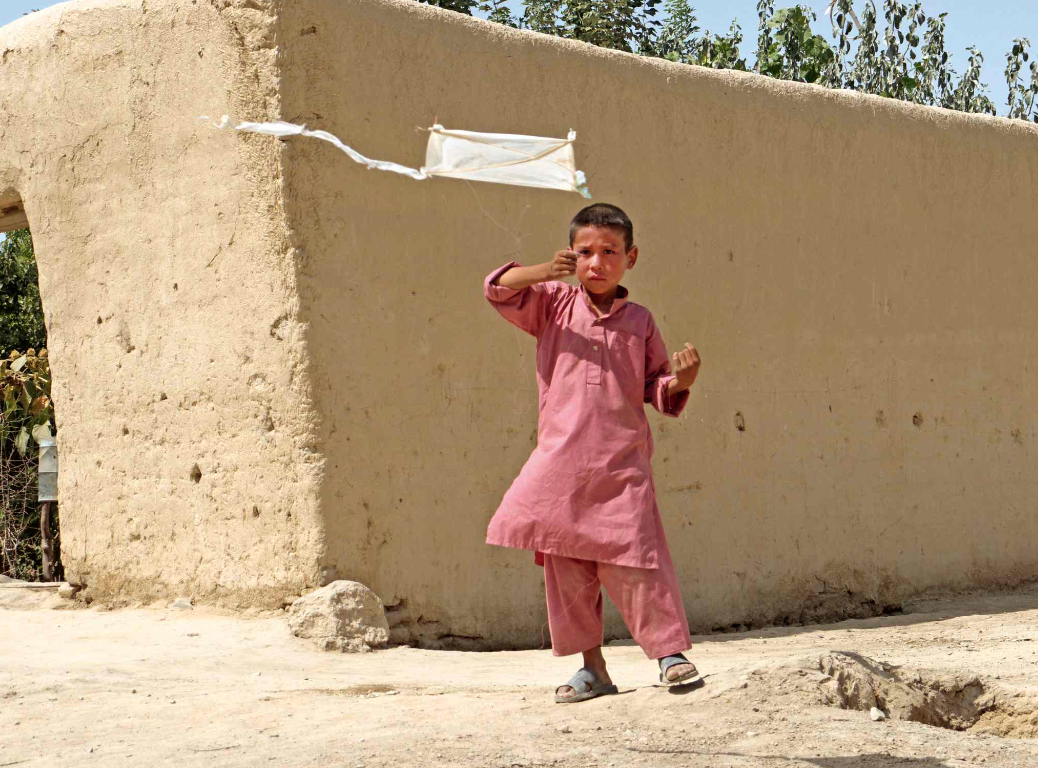
The MUAC (University Museum of Contemporary Art) presents Juego de niñxs, 1999-2022, an exhibition that brings together the Juegos de niñxs project by Francis Alÿs and which can be visited until September 17. In Juegos de niñxs the artist set out to build a collection of different children's play practices from around the world and a kind of anthropological archive of a meaningful shared experience. The project is an ongoing archive of urban practices that modernization is banishing from everyday life, as the concept of public space is being disrupted by the predominance of vehicular transport and the hoarding of free time by distractions electronic So Juegos de niñxs 1999-2022, brings together 27 audiovisual pieces and two paintings that record games to be located in regions of the world where economic crises, the strength of tradition and social communities have made the collective life of the childhood in public space.
Juego de niñxs, 1999-2022, curated by Cuauhtémoc Medina and Virginia Roy, shows us how the children's amusements recorded by Alÿs belong to an endangered underground culture that united generations and crossed borders, but is also extremely interesting for its conceptual implications. Its rules, images, and references project a variety of concepts about time and the world, and suggest a powerful and ancient substrate of our shared experience, all the more reason for us to worry about its imminent demise.
Since 1999, Alÿs has been producing videos that document the games that children traditionally play in streets and playgrounds around the world. Many of these videos tend to be located in regions of the world where relative economic underdevelopment, and the strength of tradition and social communities, have sustained the shared life of street childhood. Although they often have a direct ethnographic documentation value, they also metaphorically record the changes of contemporary societies and their conflicts. Both for the mysterious way in which certain games are practiced by extremely different societies, and for the human value they share, they also appear as a vehicle of meaning that unites cultures and ways of life.


